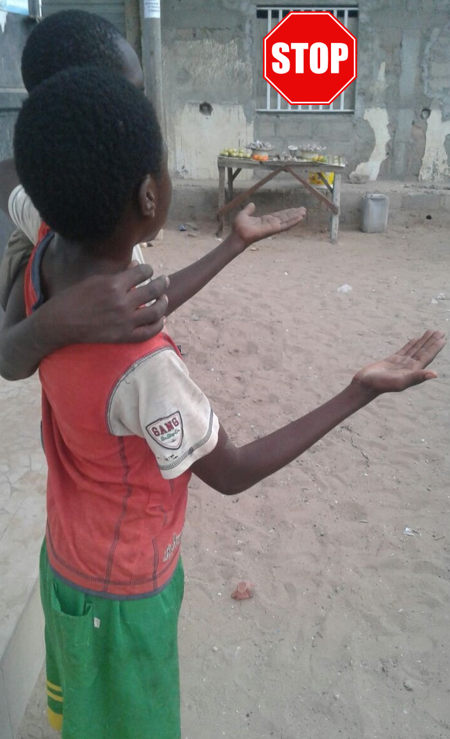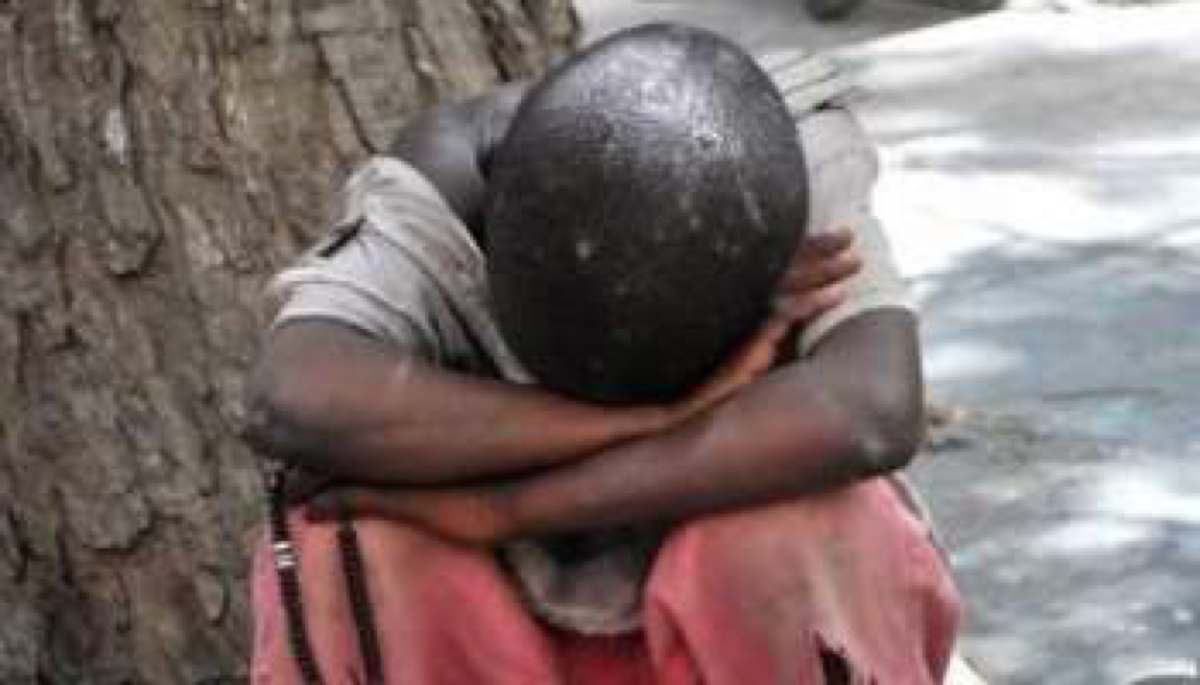The phenomenon of child begging is spreading more and more in the world. Many are the young people aged between 5 and 15 who roam the streets.
The consequences are more than significant: bad living conditions, hunger, a compromised education, a future probably not promising, etc.
In Senegal, country in which the association will take its first actions, most child beggars live in sites called “daaras”. They are sent there by their parents to get a religious education.

There are three categories of “daaras” and “Pari sur l’enfance” aims to support the last two.
Category 1: Structured “daaras” – financially stable
They are the boarding schools that receive remuneration for the children’s education and needs. These “daaras” are financially stable and children in there do not beg.
Category 2: Non-structured “daaras” – more or less financially stable and may need additional aid
“Daaras” in this category don’t receive any (or almost any) compensation for the child education. All children’s needs are supported by people who run the “daaras”.
Most children in there come from modest families.
Children do not beg but their living conditions are not easy. Some donations could help go through difficulties.
Category 3: Non-structured “daaras” – not financially stable
The people who run them receive, where they live, children sent by parents. Due to their modest or null incomes, parents don’t give remuneration for their child education.
Because these “daaras” are hosted in the houses of those who run them, they are non-formal. The consequence is that they are not known. So, they do not receive frequent donations.
As they don’t have enough resources to meet the children’s needs, those who run the “daaras” send the children to beg.
Currently, “Pari sur l’enfance” is supporting “daaras” of the last two categories. One “daara” has been chosen in the category 2 and three others in the category 3. We aim to help at least one more each year.
